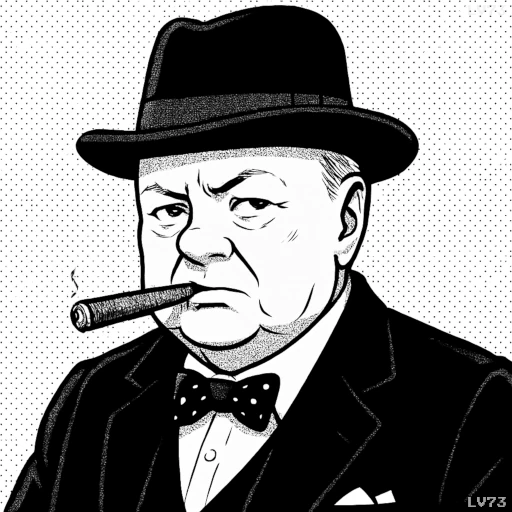“Short words are best and the old words when short are best of all.”

- November 30, 1874 – January 24, 1965
- British
- Politician, army officer, writer
table of contents
Quote
“Short words are best and the old words when short are best of all.”
Explanation
In this quote, Winston Churchill champions the power of simplicity and clarity in language. He argues that short words, due to their conciseness, are often the most effective in communicating ideas, and that older, more traditional words tend to carry a certain weight and authority when used in their simplest form. Churchill, a master of oratory and written communication, valued the directness and strength that simple language could convey, particularly when addressing complex issues or rallying people to action. He believed that using clear, uncomplicated words could make speech or writing more impactful and memorable.
Churchill’s advocacy for short and direct language can be seen in his own speeches, which were known for their clarity and brevity, yet often packed with powerful meaning. He recognized that in times of great difficulty, like World War II, people needed communication that was clear and easy to grasp, rather than laden with unnecessary complexity or jargon. By using simple, well-chosen words, one could ensure that the message was understood by all, without the risk of it being lost in translation.
In a broader sense, this quote encourages simplicity in communication, emphasizing that brevity and clarity often lead to greater impact than long-winded or overly complex expressions. It suggests that effective language doesn’t need to be ornate or convoluted, but rather straightforward and to the point. This principle can be applied in many contexts, whether in writing, public speaking, or even everyday conversation, where simplicity can often be more powerful than elaborate verbosity.
Would you like to share your impressions or related stories about this quote in the comments section?

